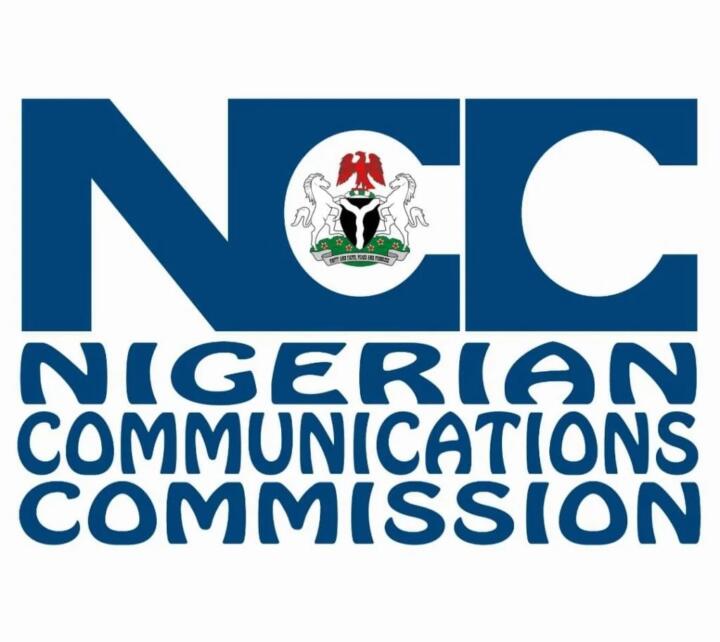For the first time in seven months, Nigeria has seen a drop in internet consumption, reflecting a shift in data usage patterns across the country. According to recent reports from the Nigerian Communications Commission (NCC), data consumption in the nation dipped in the last quarter, marking an unexpected downturn amid otherwise steady growth in internet use. Experts suggest that this decline could be attributed to several factors, including economic challenges, data affordability issues, and changing consumer behaviors.
Internet Usage Trends in Nigeria
Nigeria, the largest economy and most populous country in Africa, has long been one of the continent’s leading internet markets. With a substantial portion of its population under the age of 30, Nigeria’s internet usage has typically grown at a rapid pace, driven by the demand for social media, entertainment, e-commerce, and digital banking. Mobile data accounts for most of the internet usage, with Nigerians heavily reliant on affordable smartphone devices for connectivity.

This ongoing digital shift has been fueled by several factors, including increased investment in telecommunications infrastructure, competitive data pricing by telecom providers, and government efforts to expand digital access in rural areas. Until recently, monthly increases in data usage appeared to be the norm, with many Nigerians adopting digital channels for work, education, and daily transactions. The recent decline, however, signals a temporary adjustment, highlighting the complexities in the country’s digital landscape.
**Factors Behind the Drop in Internet Consumption**
1. **Economic Pressures:** Nigeria is grappling with high inflation, rising costs of living, and reduced disposable income, which have had a significant impact on data usage habits. For many Nigerians, internet access costs are increasingly challenging to afford. Consequently, people may be spending less on data, choosing to limit usage to essential tasks or waiting for off-peak hours to access the internet at discounted rates.
2. **Data Affordability and Connectivity Challenges:** While telecommunications companies in Nigeria have been working to provide more affordable data plans, there remain significant disparities in data accessibility and affordability. For low-income users, data remains an expensive commodity, especially as some providers have recently adjusted rates. Connectivity issues in rural areas also remain a problem, with inconsistent service quality and speed impacting user experience.
3. **Shift in Consumer Behavior:** Some Nigerians are reducing time spent online, as concerns about mental health and productivity spur people to limit non-essential internet use. This trend has been particularly observed among younger demographics, who are increasingly aware of the impact of screen time and internet dependency. Additionally, as the initial wave of digital education and remote work stabilizes, data consumption linked to these activities may have decreased slightly from its peak.
4. **Power Supply Instability:** Unreliable power supply is another factor limiting internet usage, particularly in rural and underserved areas. With electricity outages frequently disrupting internet connectivity, users are forced to reduce online time, leading to overall lower data consumption. This issue has also affected data-heavy services such as video streaming, gaming, and remote work applications.
**Impact on Telecom Operators**
For telecom providers, the decline in data consumption could signal a need to reevaluate pricing strategies and invest further in improving network quality. The Nigerian telecom industry is highly competitive, with key players like MTN Nigeria, Airtel, Globacom, and 9mobile constantly vying for a larger share of the market. In recent years, these providers have relied on increasing data consumption to compensate for declining voice revenues, driven by the popularity of internet-based messaging and call applications.
With a drop in data consumption, telecom companies might consider adopting more flexible data plans, especially for customers in rural and low-income areas. Offering packages that cater to specific consumer needs, such as social media-only or time-based data plans, could help attract users back to internet services.
**Long-term Outlook and Government Initiatives**
Despite the recent dip in internet consumption, experts believe that Nigeria’s digital growth potential remains strong. The government’s National Broadband Plan aims to provide broadband access to 70% of the population by 2025, which includes improving connectivity in underserved regions. This expansion is expected to make internet access more affordable and accessible over the long term, further integrating Nigeria into the global digital economy.
Initiatives aimed at improving digital literacy could also encourage more Nigerians to use the internet productively, moving beyond social media and entertainment towards digital financial services, e-learning, and e-commerce. The government’s push for digital transformation across sectors could also stimulate higher demand for data as Nigerians adopt more internet-based services in the coming years.
**Conclusion**
Nigeria’s dip in internet consumption signals the nuanced challenges facing the country’s digital economy. Economic pressures, connectivity limitations, and evolving consumer habits have all contributed to this temporary downturn in data usage. However, the long-term prospects remain optimistic, with ongoing investments in broadband expansion and government initiatives supporting increased digital access.
As Nigeria continues to adapt to its economic realities, telecom providers and policymakers will need to focus on making internet access more affordable and reliable for all Nigerians. By addressing current obstacles, Nigeria can ensure that its population remains connected, supporting the nation’s progress toward a digitally empowered future.
Support InfoStride News' Credible Journalism: Only credible journalism can guarantee a fair, accountable and transparent society, including democracy and government. It involves a lot of efforts and money. We need your support. Click here to Donate
